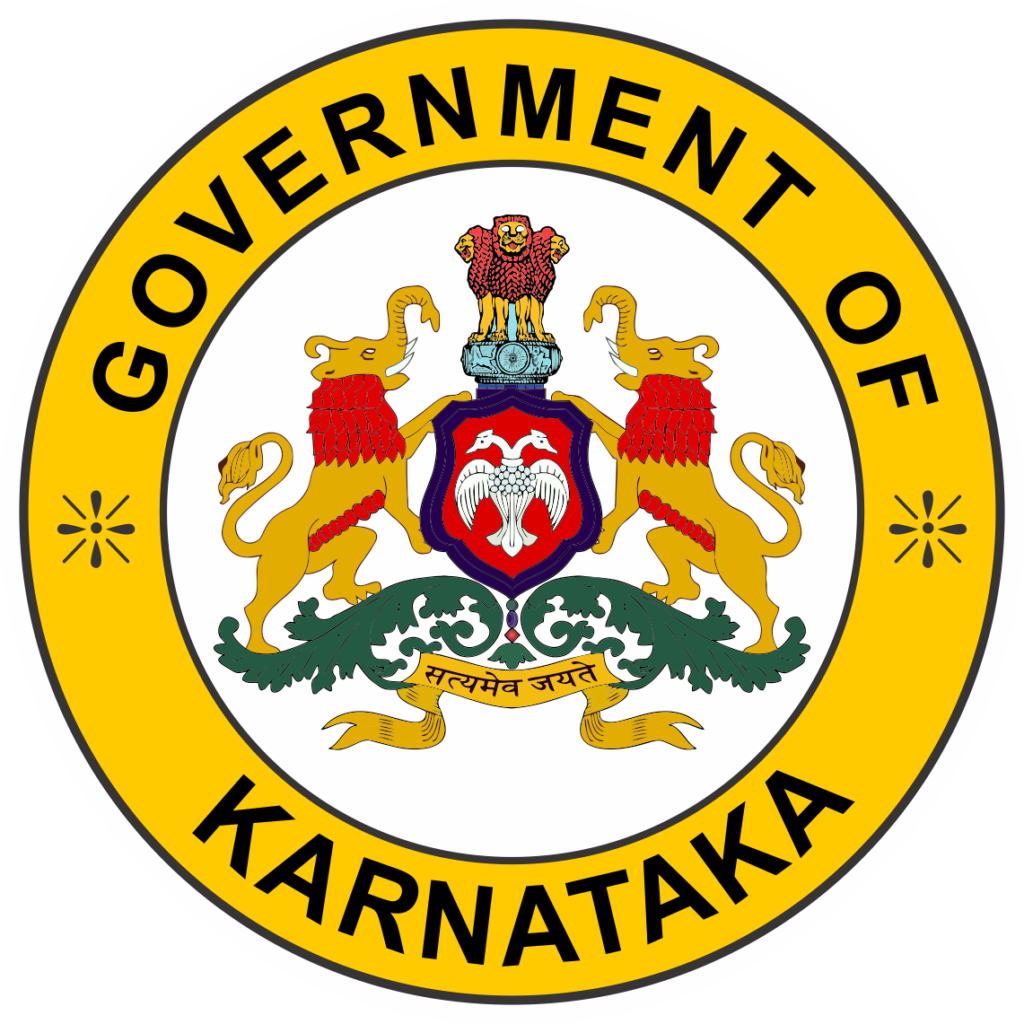Karnataka Public School
The Department of Education has primary, secondary, secondary, and undergraduate levels. With each level, the number of students enrolling to the next level was declining. To avoid this, the Karnataka Public Schools (KPS) were started to facilitate learning in the premises of a single educational institute from 1st standard to undergraduate level. These schools were converted from existing pre-university colleges into public schools. The government set up 176 schools in 2018–19 and another 100 in 2019–20.

School Overview
The schools that provide education following the Karnataka State Board curriculum. These schools cater to students from diverse backgrounds, offering instruction in Kannada and English mediums. They emphasize holistic education, combining academics with extracurricular activities like sports and cultural programs. Through initiatives like the Right to Education (RTE) Act, these schools provide free education to eligible students, alongside benefits such as the Midday Meal Scheme to ensure nutrition and support for economically weaker sections.
Many schools in the area are gradually integrating technology, with smart classrooms and computer labs being introduced under government initiatives like the "Samagra Shiksha Abhiyan." With a focus on both academic excellence and cultural preservation, these institutions play a significant role in shaping young minds and preparing them for the future while promoting local language and heritage.
Address
Ramatheerth Nagar, Kanbargi, Belagavi, 590016 KA
Phone
+91 91643 44081
Proficiencies
- Implement competency-based learning methodologies.
- Train teachers in modern pedagogy and subject-specific skills.
- Introduce diagnostic tests to identify learning gaps.
- Develop personalized teaching plans for students.
- Equip schools with smart classrooms.
- Provide access to digital learning platforms like Diksha.
- Use AI-driven tools for adaptive learning and progress tracking.
- Focus on foundational literacy and numeracy skills.
- Replace rote learning with conceptual clarity in assessments.
- Use formative assessments for continuous progress tracking.
- Include structured sports activities in the curriculum.
- Introduce music, arts, and drama classes.
- Partner with local organizations for competitions and events.
- Conduct STEM hackathons and coding bootcamps.
- Establish maker labs for robotics and IoT projects.
- Organize regular science fairs and exhibitions.
- Offer specialized coaching in sports and performing arts.
- Promote inter-school cultural and technical events.
- Recognize and reward student achievements in extracurricular activities.
- Include environment-focused projects like tree plantations.
- Organize leadership and personality development camps.
- Teach public speaking and debate skills.
- Conduct workshops on interpersonal and communication skills.
- Offer basic financial literacy courses.
- Provide vocational training in practical technical fields.
- Partner with industries for real-world apprenticeships.
- Conduct workshops on first aid and health awareness.
- Introduce digital literacy programs for students.
- Develop time management and goal-setting sessions.
- Include community service projects in the curriculum.
- Organize monthly teacher training sessions.
- Offer certifications in EdTech and STEAM education.
- Reward teachers for innovative and impactful teaching methods.
- Provide continuous professional development opportunities.
- Facilitate peer-to-peer learning among teachers.
- Provide digital teaching tools and resources.
- Organize mental health and well-being workshops for teachers.
- Train teachers in managing diverse classrooms effectively.
- Set up a mentorship program for newly recruited teachers.
- Monitor teacher performance and provide constructive feedback.
- Conduct awareness drives about the value of education.
- Hold regular Parent-Teacher Meetings (PTMs).
- Involve parents in decision-making processes.
- Create alumni mentorship programs for current students.
- Establish school-based volunteer networks involving the community.
- Ensure access to libraries in all schools.
- Build well-equipped science and computer labs.
- Improve sanitation facilities, especially for girls.
- Provide safe and affordable transportation services.
- Maintain clean drinking water and properly ventilated classrooms.